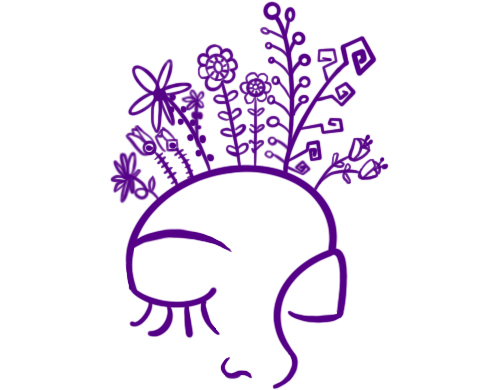Mental Health, Medicalisation and Gender: analysis of inequalities and their determining factors (SAMEGEN)

Different studies have shown the existence of gender inequalities both in the diagnosis of anxiety and depression and in the prescription of psychotropic drugs, showing that women are more frequently diagnosed and medicated than men for the same symptomatology. The diagnosis of depression itself is a socio-cultural construct that has been associated morewith emotional attributes traditionally defined as feminine, so that the labelling of women as mentally ill or depressed is more frequent in women. Moreover, these processes of medicalisation are unequal according to age or socio-economic level, which is why an intersectional perspective becomes an essential requirement for tackling this issue.
In this context, the SAMEGEN project (Mental Health, Medicalisation and Gender: analysis of inequalities and their determining factors) aims to study gender inequalities in mental health, as well as the possible gender biases that may be occurring in mental health care.
To this end, a mixed quantitative and qualitative methodology has been used. On the one hand, in the quantitative part, data from different population surveys and clinic databases will be analysed, to show the existing gender inequalities in the medicalisation of women's mental health. On the other hand, the qualitative methodology aims to understand the dynamics behind the quantitative results by conducting in-depth interviews and focus groups with health practitioners and patients.
The results of the project can be useful for the design of interventions and policies aimed at reducing gender inequalities in mental health and achieving fairer and less medicalised health care.
In this video you can learn a little more about the ideas and reflections from which the project starts: https://youtu.be/nIet9AEutqQ
